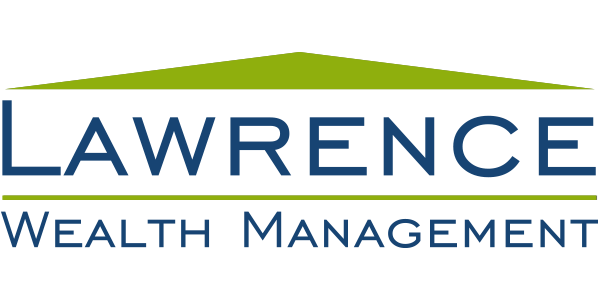President Donald Trump signed and thereby enacted the OBBB on July 4, 2025, after significant and, at times, heated negotiations in the U.S. Congress. In this commentary, I outline key provisions that have a direct effect on the economy and capital markets. As Joe Friday, the detective in the old TV series Dragnet, said regularly, “Just the Facts Ma’am”
So, here are the facts….. The following provisions are not a comprehensive list of OBBB, but rather key provisions that I believe may impact the U.S. economy, and business and individual taxes.
PROVISIONS THAT TAKE EFFECT IN 2025
State and Local Tax Limitation (SALT)- The OBBB increases the deduction for state and local sales, income, and property taxes from $10,000 to $40,000 for 2025 through 2029. The deduction reverts to $10,000 after 2029. This deduction is phased down beginning with an income of $500,000 and is completely phased down at $600,000. If income exceeds $600,000, the $40,000 deduction is fully phased out, and the taxpayers’ SALT deduction reverts to $10,000.
Auto Loan Interest Deduction– The OBBB provides for a $10,000 deduction of loan interest for a new car with final assembly in the U.S. This deduction is available for new cars purchased in 2025-2028.
- Deduction begins to phase out for single filers with Modified Adjusted Gross Income “MAGI” of $100,000 and completely phases out when MAGI reaches $150,000.
- Deduction begins to phase out for joint filers with Modified Adjusted Gross Income “MAGI” of $200,000 and completely phases out when MAGI reaches $250,000.
Tip Income– OBBB enacts a $25,000 deduction for reported tip income for individuals in customarily tipped industries. This deduction phases out, beginning with income of $300,000 for joint filers and $150,000 for single filers from 2025 to 2028.
Overtime Pay– OBBB enacts a deduction for tax years 2025-2028 for overtime income up to $25,000 joint/$12,500 single tax filers for those required to be paid overtime under the Fair Labor Standards Act.
- Same phase-outs as with Tip Income outlined above.
Business Capital Expenditure and Depreciation Tax Benefits
- Businesses can deduct 100% of the cost of equipment, machinery, software, and manufacturing buildings.
- Research and Development costs can be deducted in the year incurred rather than amortized over the estimated life of the project (s).
OBBB Eliminates the Special Income Exemption for Seniors (65+) Established by the Tax Cuts and Jobs Act (TCJA) 2017; and Adds a New Deduction
- OBBB establishes a new special $6,000 personal income exemption.
- Income phase-out begins at $75,000 for single filers and $150,000 for joint filers.
- This new exemption begins in 2025 and extends through 2028.
PROVISIONS THAT TAKE EFFECT IN 2026
Individual Tax Rates and Brackets Extended– OBBB extends permanently the TCJA 2017 Individual tax brackets, adjusted for inflation.
Corporate Tax Rates (C-Corps)
- The 21% flat corporate tax rate established by the 2017 TCJA is made permanent via OBBB.
- No Sunset
Pass-Through Businesses (S-Corps, LLC, and Partnerships)
- The deduction of up to 20% of qualified business income is permanent.
- Income phase-outs remain in place.
Economic Impacts
- Business Investment– the OBBB includes many provisions giving businesses financial incentives to make investments in their businesses. Business investment is a major catalyst for economic growth, which leads to employment, profits, and tax revenue.
- Current Tax Brackets and Rates– The TCJA of 2017 tax rates were to expire at the end of 2025. The OBBB extends permanently the current tax brackets and rates, adjusted for inflation. If the TCJA tax rates expired and taxes reverted to the pre-TCJA rates, taxes would have increased significantly. While higher taxes would generate additional federal tax revenue, individuals and businesses would have less cash for spending and investing. In my opinion, this scenario would likely have precipitated an economic contraction/recession.
Sources: Tax Foundation, Bankrate, Financial Planning Association, and Internal Revenue Service
Lawrence Wealth Management LLC “LWM” provides this information based on information believed to be true and accurate. However, LWM does not warrant or guarantee its accuracy. LWM does not provide tax advice. Please consult with your tax advisor for tax advice
Rich Lawrence, CFA August 6, 2025
DISCLOSURE:
Opinions about the future are not predictions, guarantees, or forecasts. Investing in stock and bond markets has risks that could lead to investors losing money.
